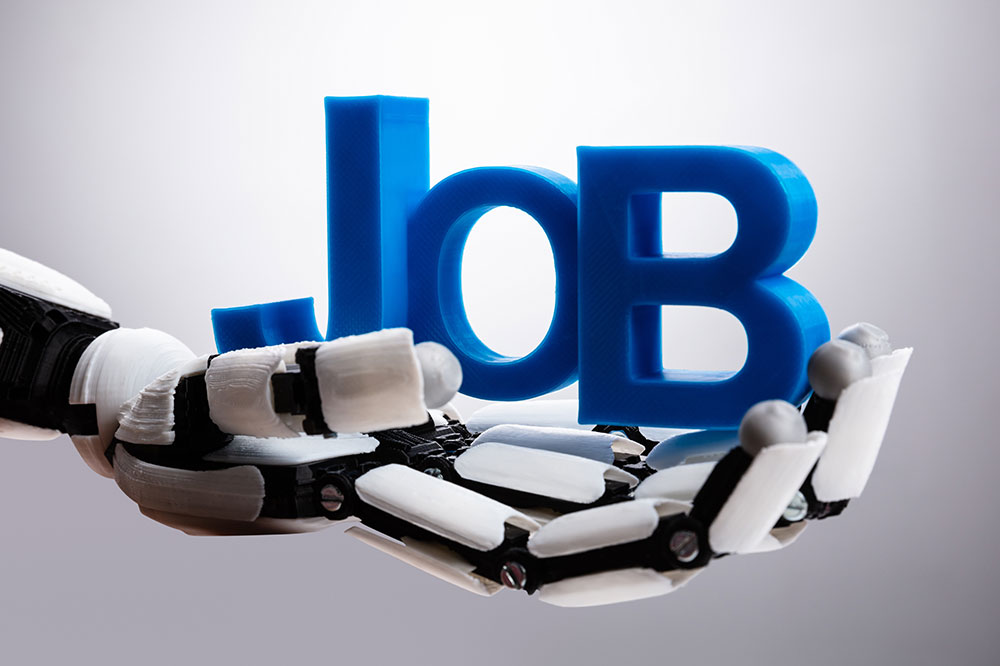6 jobs that AI might replace soon

The Artificial Intelligence (AI) revolution has started altering how we interact with technology. For example, humanoid robots can engage in conversation, while natural language processing (NLP) chatbots can write entire lines of code or essays in seconds. And while the improvements in AI are exciting, they also bring about nervousness, primarily because they may overtake jobs created for humans. So here are six such jobs that Artificial Intelligence might impact.
Salespersons
Companies have started to substitute salespeople with AI for advertising and retail activities. Advertising software allows advertisers to create custom content for various types of audiences. Moreover, the implementation of AI instead of a salesperson has enabled customers to research products for themselves without the help of another person.
Taxi and truck drivers
Autonomous driving has become an emerging trend in the country and globally, with cab and truck aggregators switching to robot drivers instead of hiring humans. Apart from savings costs, it also fills the void of the shortage of such drivers because of the relatively low pay structure.
Proofreaders and translators
Today many AI-powered tools help writers self-check their writing. While it has not reached perfection yet, the natural processing capability of these AI tools allows writers to check their work for spelling errors, grammatical mistakes, and readability issues. AI can also translate writing or speech into other languages within seconds, which voids the need for a human translator.
Customer service representatives
Most customer queries and concerns are usually similar. Answering these may not require high social or emotional intelligence. Therefore, AI could offer automated responses to questions that are frequently asked. For example, AI might be able to handle queries, including payment confirmations, order cancellations, and refund statuses.
Accountants
Unlike traditional methods where a human being would keep track of accounts, companies today have started using robots for bookkeeping practices. Since automated accountants offer cloud-based services, they are more flexible. Once the data is entered, the AI collects, stores, and analyzes it correctly.
Surgical assistants
AI has grown in popularity in the healthcare industry. Robotic doctors can perform critical operations and may also eliminate the possibility of human error during surgeries. Furthermore, healthcare establishments have started implementing AI technology to improve the research rate to help fasten the discoveries of new treatments. Therefore, this is one area of healthcare that AI could replace.



